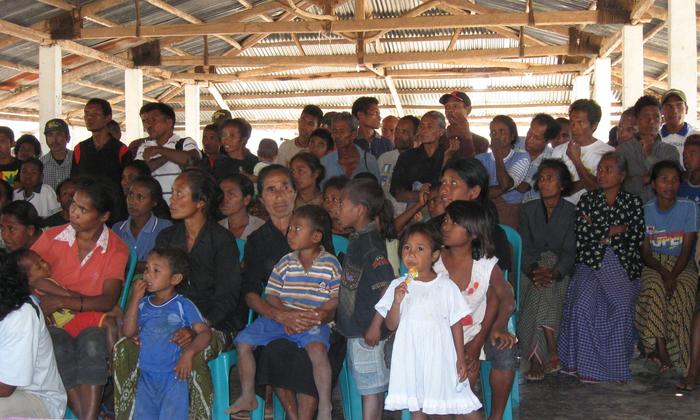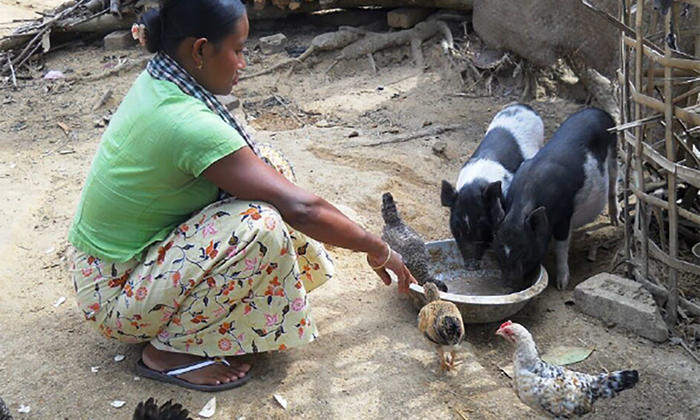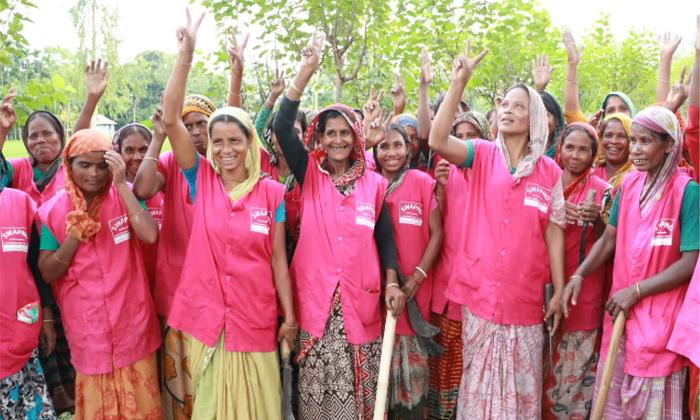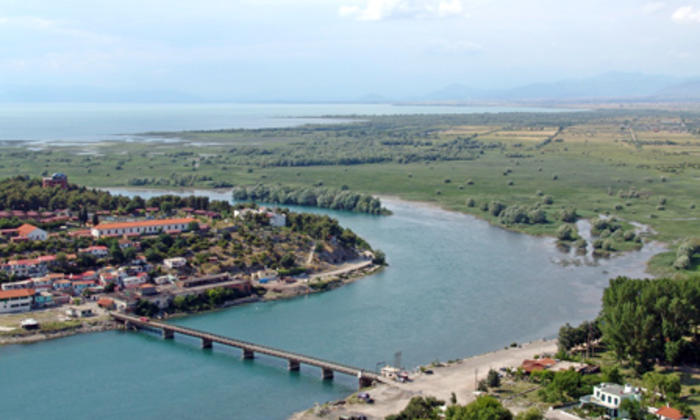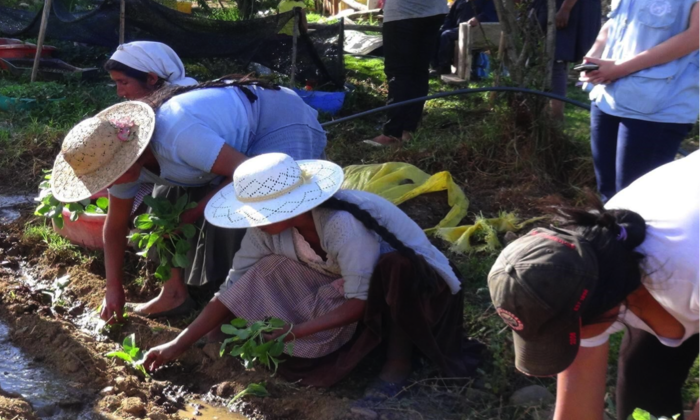The programme focused on organic agriculture as a means for promoting agricultural sustainability, soil conservation and climate change resilience through effective ecosystem management
Case study
Fiji: Youth in Organic Agriculture in Fiji

SDGs ADDRESSED
This case study is based on lessons from the joint programme, “Youth in organic agriculture in Fiji: A Farm to Table Chain Approach.”
Read more
Chapters
Project Partners
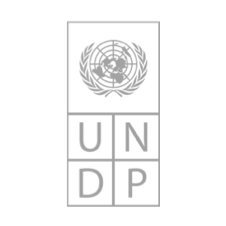
1. SUMMARY
The joint programme focused on the promotion of organic production and certification through Participatory Guarantee Systems in the Pacific Small Island Development State (PSIDS) of Fiji. Focused on Ra Province, in the northern coastal area of Viti Levu, the largest island in the Republic of Fiji, the programme supported a social enterprise and semi-subsistent farmers, targeting women and youth in five villages.
2. SITUATION
Youth unemployment and food security have posed serious economic concerns in PSIDS, including Fiji, where the rate of poverty in recent years has been as high as 45%. The Ministry of Employment estimates the rate of youth unemployment at 18.1%, compared to 5.5% amongst the general population. The challenges of PSIDS are multi-faceted and include vulnerability to natural hazards and extreme weather events, which are exacerbated by climate change, remote locations and long distances to markets. The programme focused on organic agriculture as a means to promoting agricultural sustainability, soil conservation and climate change resilience through effective ecosystem management.
3. ESTRATEGY
Following the Category 5 Tropical Cyclone Winston in February 2016, one of the strongest cyclones to make landfall in Fiji, 44 people lost their lives, more than 30,000 homes were damaged or destroyed and 40% of the population was adversely affected. The programme targeted some of the communities most severely affected by the cyclone and the floods which followed later in the year. With an integrated approach to inclusive economic development and post-disaster recovery, the programme aimed to improve resilience through the promotion of organic production and certification.
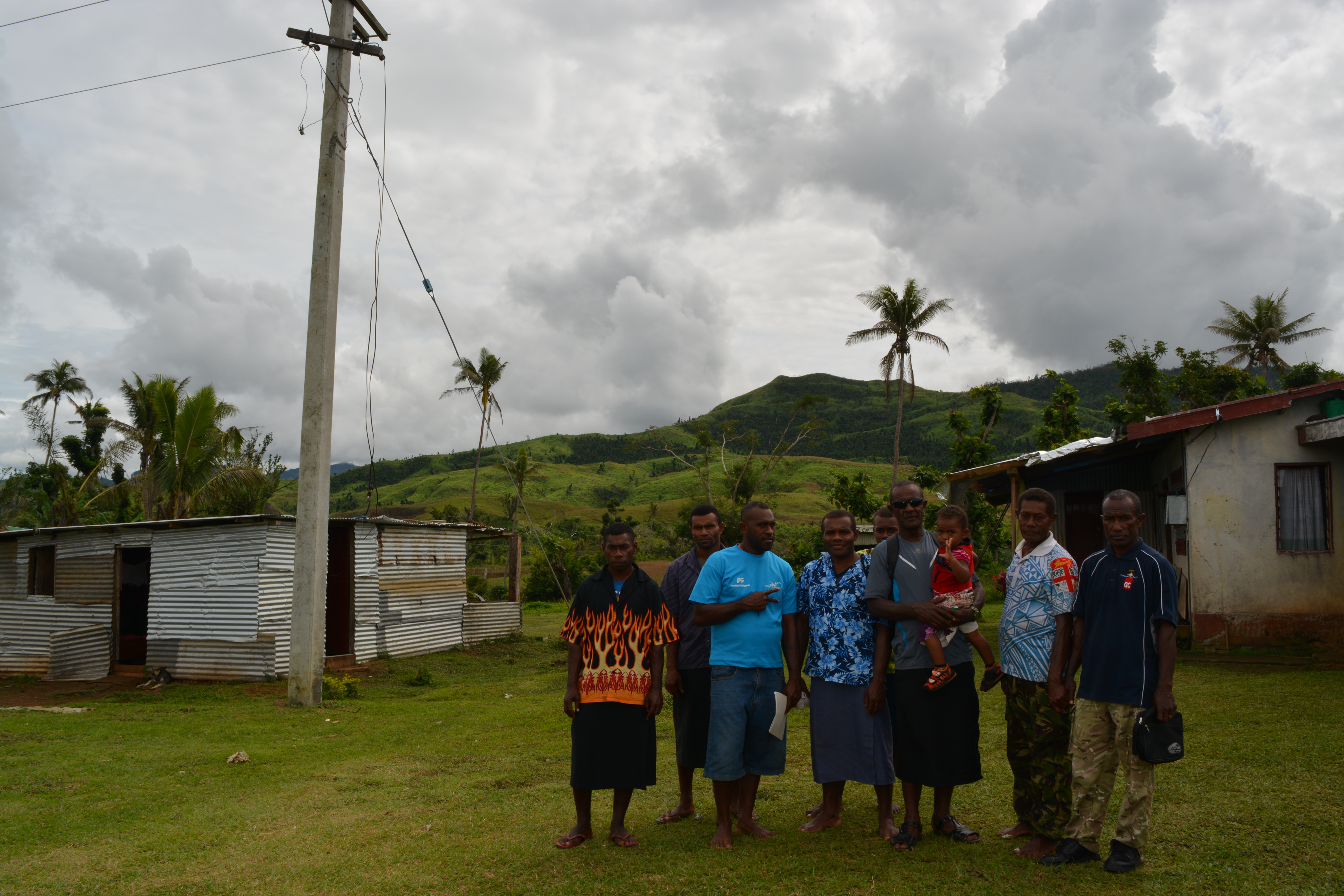
Participants of the programme.
4. RESULTS AND IMPACT
Participatory Guarantee Systems were established in the five participating villages, with mentoring, and monitoring provided to support young farmers, and a database established for this purpose. Young farmers were trained to participate in decision-making and governance processes to increase ownership and sustainability.
In total, some 1,050 farming families (including 420 youth) benefited from capacity building activities. Of these, 233 farmers were trained in organic standards and certification processes as the first step towards organic certification. Taking part in organic peer review training, they learnt how to inspect farms and about the standards required for organic certification of food processing.
Farmers also benefited from training on cooperative management and financial literacy, which was provided in partnership with Westpac Banking and farmers are now able to directly deposit the income from the sale of their produce into their bank accounts.
Additionally, an organic restaurant, Tukuni, is currently being piloted by the Foundation for Rural Integrated Enterprises and Development (FRIEND), with local farmers serving as suppliers and collection of organic produce facilitated at the farm gate. Organic menus have been developed and other market linkages are being explored, including partnerships with local supermarkets, restaurants and airline companies.
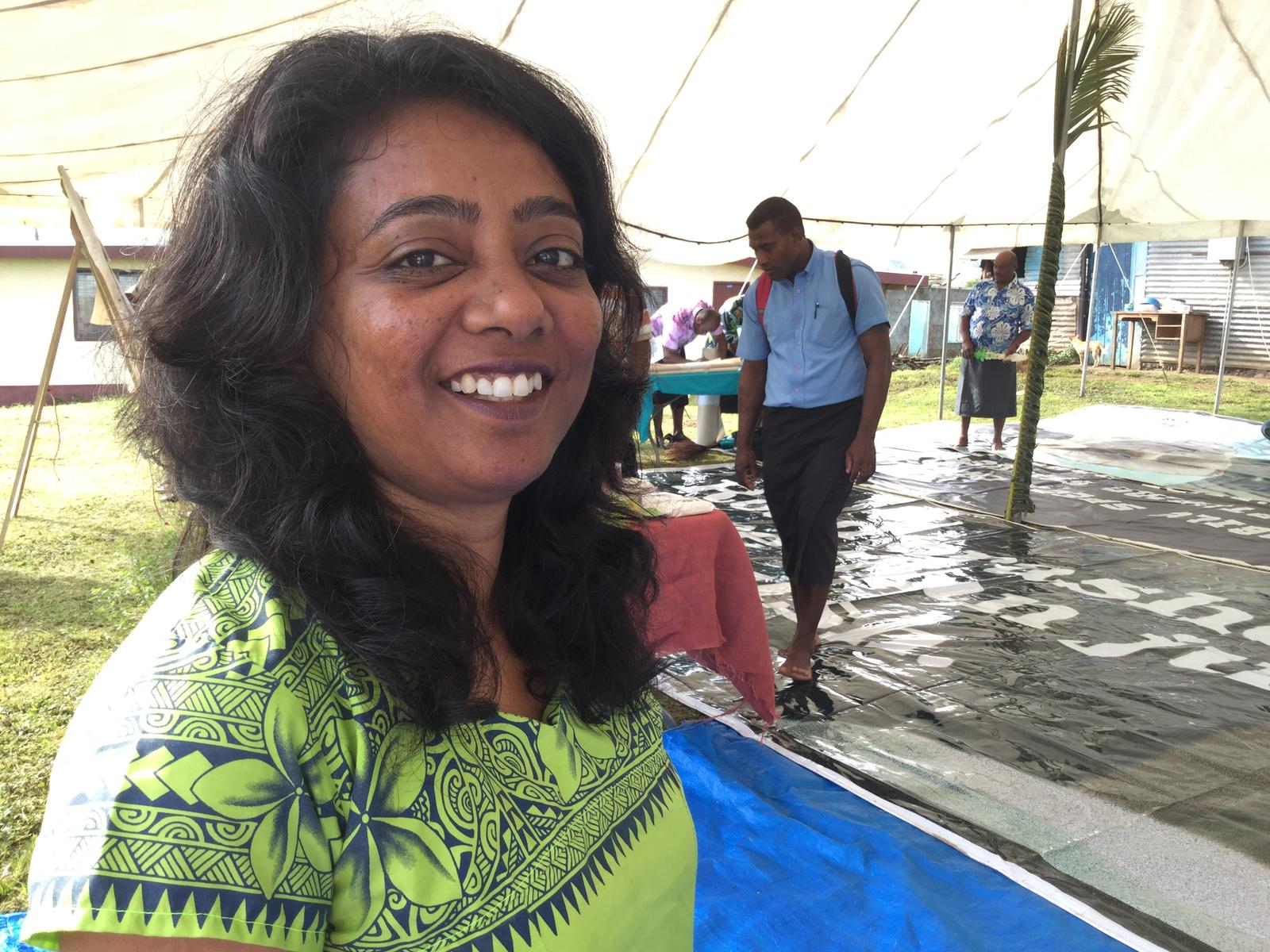
Participant of the programme.
5. CHALLENGES
Due to the recovery process after Tropical Cyclone Winston, it was challenging to promote organic farming, particularly as many beneficiaries farmed at subsistence and semi-subsistence levels. Attracting youth and women was also difficult and the issue of land ownership an issue in this regard. More work is also needed to promote an enabling environment and raise awareness among the general population.
Cyclone Ella, which followed in May 2017, and heavy flooding in 2017 caused landslides, which had serious adverse impact on programme implementation in Fiji, in addition to the challenges already created by Tropical Cyclone Winston. Recovery work and programme efforts simultaneously focused on the worst affected areas. it may have been expedient to delay programme activities. Farmers needed to first prioritize rebuilding their homes. They were unable to take on new techniques and change their farming practices at the same time.
6. LESSONS LEARNT
It can be challenging to promote organic techniques where the targeted population is engaged in subsistence or semi-subsistence production, is accustomed to monocropping, and benefits from subsidized agrichemical inputs. While many farmers, including young people and women, attended capacity building activities, it will require more time to change mindsets and farming practices and to improve and expand productive capacities to meet the requirements of targeted markets/buyers.
Ensuring synergies with ongoing and recently completed programmatic interventions will contribute to sustainability of results, which is also closely related with engagement of relevant government ministries. In addition to fruits and vegetables, future related interventions could also focus on the cocoa and coffee sectors. Given the
frequency of extreme weather events, preparation of sector-specific disaster preparedness plans can help ensure a rapid response in the recovery phase

Mario Keni is a participant of this SDG Programme
7. SUSTAINABILITY AND POTENTIAL FOR REPLICATION
- In terms of local new end markets, the opening of the new organic restaurant was a key pilot initiative. Farmers are supplying small quantities of organic produce to the restaurant, which has gained popularity as a venue for corporate events and generated ad hoc employment opportunities for the local community, including in food preparation and events services, etc. The design and promotion of organic menus has been important to advocacy and awareness raising activities targeting the general public, including on healthy eating and prevention of Non-Communicable Diseases.
- More support is needed to ensure sustainability, focusing on the consistency of supply, quality of produce, reducing post-harvest losses, and promoting value-addition, markets and public-private partnerships. An organics policy is important to fostering an enabling environment. General elections resulted in delays, however, policy consultations were able to go ahead as planned in December 2018.

